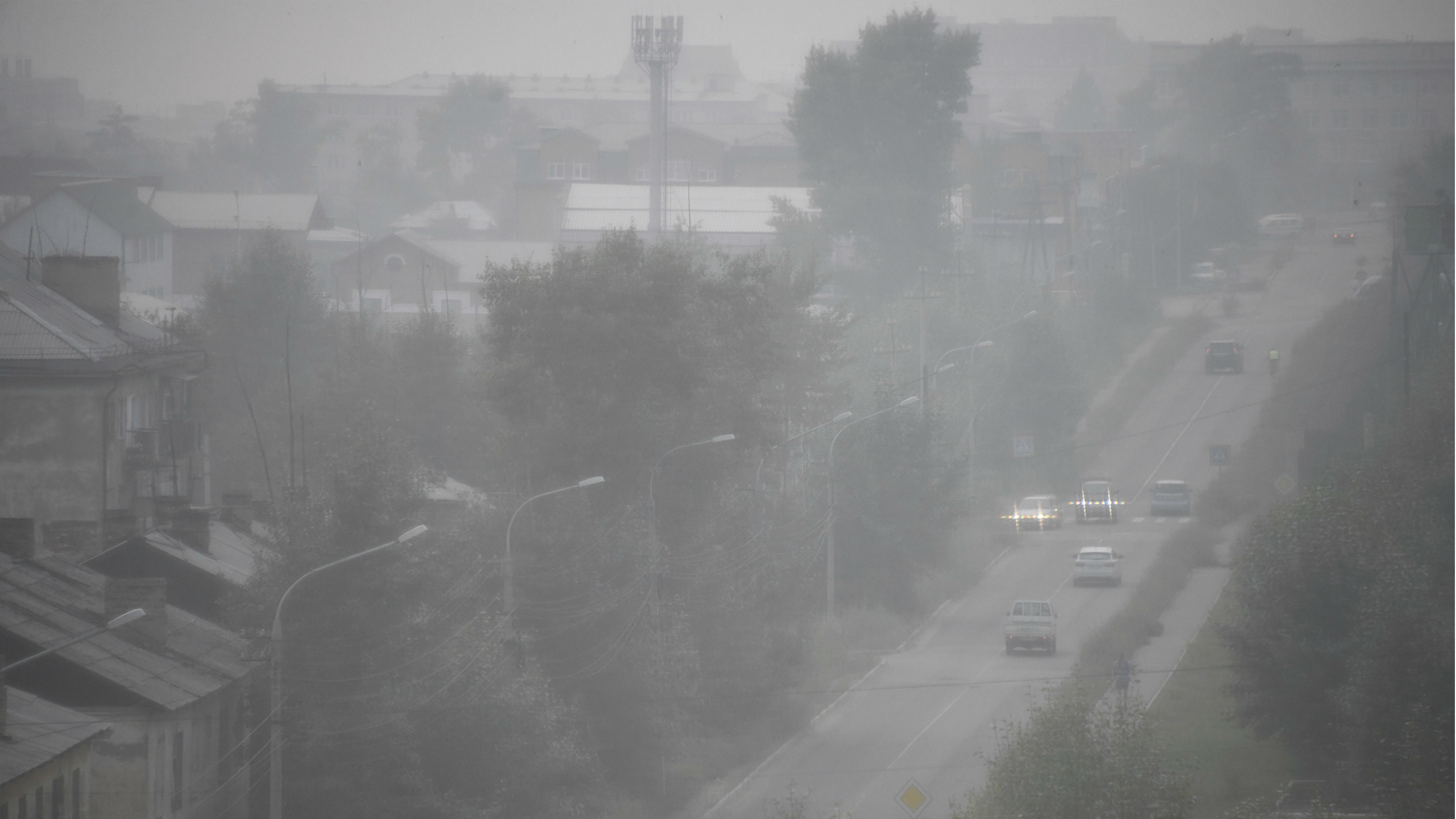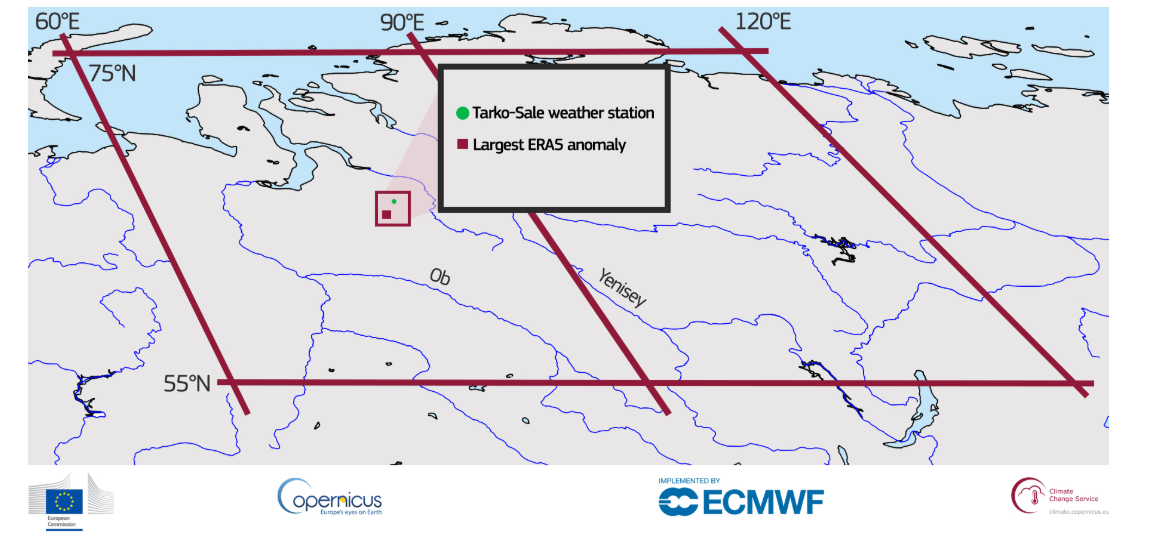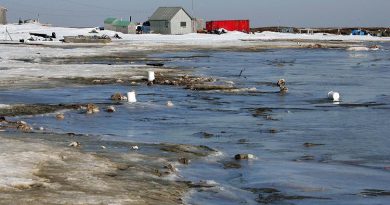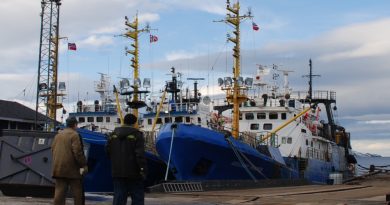Record 38C temperature recorded in Arctic Siberia

The World Meteorological Organization (WMO) is working to confirm a record-breaking 38 degree C temperature reported in the Russian Arctic earlier this month.
The reading was reported on June 20 in the Russian town of Verkhoyansk, located above the Arctic Circle in the Republic of Sakha (Yakutia) in the eastern Siberian region of Russia.
“A WMO fast-response evaluation team has given tentative acceptance of this observation as a legitimate observation, which is consistent with current upper air observations at the time in Siberia,” said Randall Cerveny, WMO’s Special Rapporteur on Weather and Climate Extremes, in a news release on Tuesday. “This will now be subject to a normal process for a detailed formal review by a panel of WMO atmospheric scientists.
“It has been an unusually hot spring in Siberia, and the coinciding lack of underlying snow in the region combined with overall global temperature increases, undoubtedly helped play a critical role in causing this extreme temperature observation,” he said.

Previous record in 1988
The hottest previous air temperature recorded by the Verkhoyansk meteorological station was 37.3 degrees C on July 25, 1988, the WMO said. The station has provided air temperature measures since 1885, the news release said.
To verify the June 2020 reading, the WMO will contact the Russian meteorological agency to get the actual data, confirm the type of equipment used, and get more information on quality checks, instrument calibration, monitoring techniques and data from corresponding stations.
“Fundamentally, these evaluations are very thorough and time-consuming projects,” Cerveny said. “But the end result will be incredibly valuable information that will help climate scientists better understand climate, engineers and medical doctors better prepare for climate extremes and even the general public in achieving a better appreciation of climate change across this planet.”
Wildfire concerns in Arctic Siberia

On Thursday, the regional government in Yakutia announced emergency measures in some northern regions of the republic because of extreme heat.
“A large number of thermal points have been recorded in the northern and Arctic regions of the republic, where there is abnormal heat,” First Deputy Prime Minister of Yakutia Alexei Kolodeznikov said in a news release on Thursday.
“Fire hazard class is growing and we must be prepared for the quick suppression of forest fires and the protection of settlements and economic facilities.”
Siberian temperatures were up to 10 degrees above average in May, something that the “exceptionally early” break up of ice on Siberia’s rivers likely contributed to, the WMO said.

Europe’s Copernicus Climate Change Services says the Arctic is warming faster than the rest of the world, but that the Siberian numbers still stand out, saying the intensity of wildfires has increased in recent days.
“Although the planet as a whole is warming, this isn’t happening evenly,” Copernicus said in a statement.
“For example, western Siberia stands out as a region that is warming faster than average and where variations in temperature from month to month and year to year tend to be large. This means that, to some extent, large temperature anomalies are not unexpected. However, what is unusual in this case is how long the warmer-than-average anomalies have persisted.”
Write to Eilís Quinn at eilis.quinn(at)cbc.ca
Related stories from around the North:
Canada: Indigenous leaders in northwestern Canada declare climate emergency, CBC News
Finland: Finland behind on sustainable development goals, Yle News
Greenland: COVID-19 delay, early ice melt challenge international Arctic science mission, The Associated Press
Iceland: Ice-free Arctic summers likely by 2050, even with climate action: study, Radio Canada International
Norway: Norway to expand network of electric car chargers across Arctic, The Independent Barents Observer
Russia: Red alert for northern Siberia as heat shocks threaten tundra life, The Independent Barents Observer
Sweden: January temperatures about 10°C above normal in parts of northern Sweden, says weather service, Radio Sweden
United States: Temperatures nearing all-time records in Southcentral Alaska, Alaska Public Media



